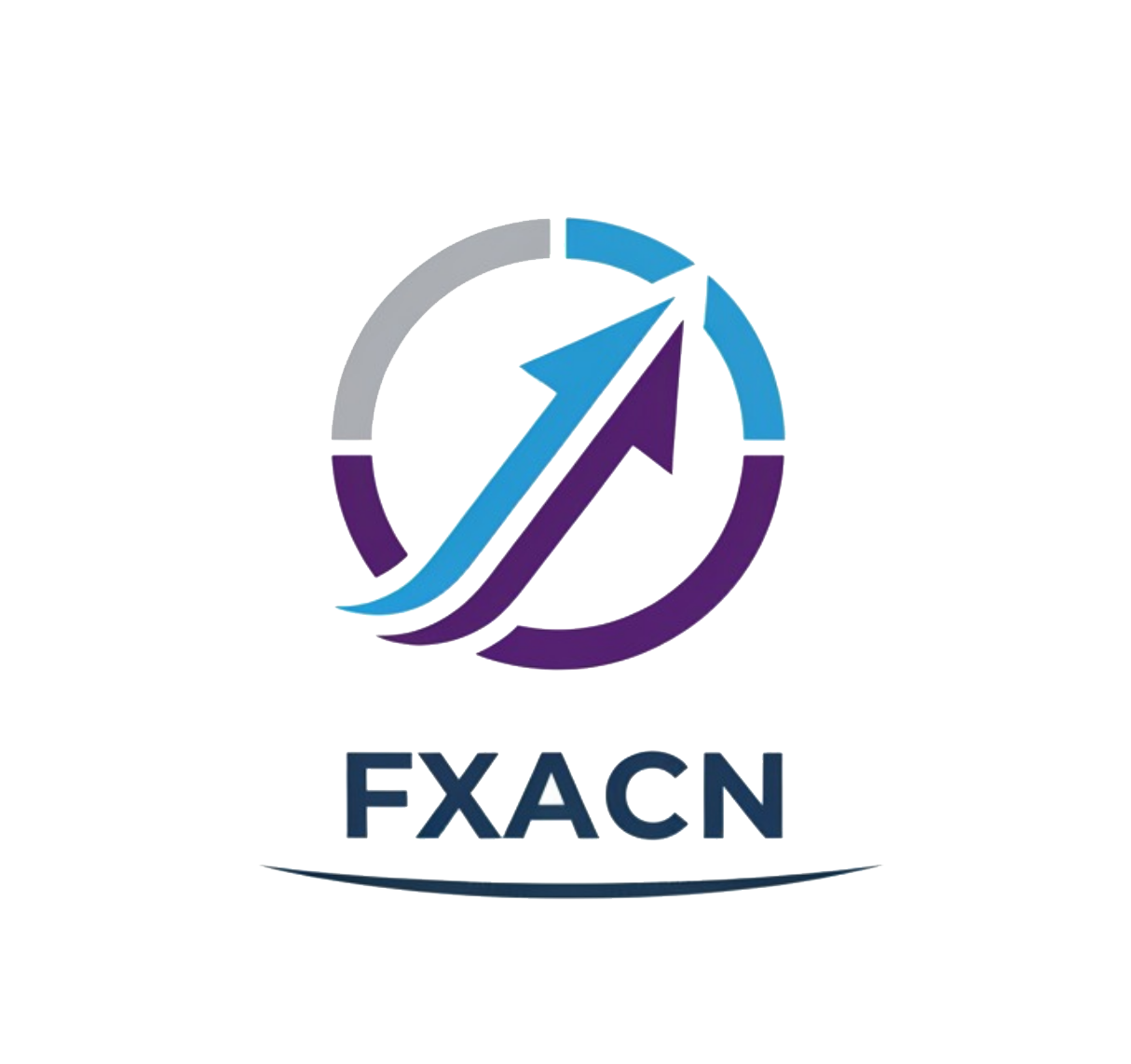Introduction
Pocket Option, established in 2017 and operating under the name Gembell Limited, has garnered attention in the forex market, particularly for binary options trading. As one of the platforms that seek to democratize trading accessibility, it attracts both novice and experienced traders. However, evaluating the legitimacy of forex brokers like Pocket Option is essential for safeguarding traders’ investments and ensuring a reliable trading experience. Given the unregulated nature of the binary options sector, there are inherent risks associated with many brokers, making it crucial for traders to conduct thorough due diligence. This article will investigate Pocket Option’s regulatory status, company background, trading conditions, customer feedback, and overall safety to determine whether it is safe or a potential scam.
Regulation and Legitimacy
The regulatory environment is a critical aspect when assessing the safety of any trading platform. Pocket Option claims to be regulated by the International Financial Market Relations Regulation Center (IFMRRC) and operates under the authority of the Mwali International Services Authority (MISA). However, it’s important to note that the IFMRRC is considered a low-tier regulatory body, and MISA’s recognition is not widespread. Below is a summary of Pocket Option’s regulatory status:
| Regulatory Body | License Number | Jurisdiction | Verification Status |
|---|---|---|---|
| IFMRRC | N/A | Marshall Islands | Not widely recognized |
| MISA | T2022086 | Comoros Union | Active but limited influence |
The quality of regulation at Pocket Option raises several concerns regarding investor protection and transparency. While they assert compliance with KYC and AML policies to reduce fraudulent activities, the lack of oversight from a respected financial authority leaves the stage set for potential risks, such as unfair pricing or outright scams. The absence of a significant regulatory framework can lead to the mishandling of client funds and a lack of recourse should disputes arise between the broker and its clients.
Company Background Investigation
Understanding the background of Pocket Option is essential for evaluating its credibility in the financial market. Founded by a group of IT and fintech specialists, Pocket Option aimed to simplify the complexities of trading. Registered in Costa Rica, the company has maintained its operations despite many unregulated brokers facing scrutiny in the industry.
The ownership structure has raised some eyebrows within the community. Some critics argue that the low regulatory standards in the Marshall Islands could allow for questionable practices, albeit without definitive evidence against Pocket Option thus far. The information disclosure on Pocket Option’s website appears to be somewhat limited, as it lacks comprehensive details about its operational history and the management team’s qualifications. Further scrutiny is warranted, especially since transparency is regarded as a hallmark of reliable brokers.
Trading Conditions Analysis
A crucial element in assessing whether Pocket Option is safe involves a detailed examination of the trading conditions they offer. The platform boasts a low minimum deposit of $5, which makes it appealing to new traders. However, while entry costs are accessible, the absence of commissions for deposits and withdrawals needs to be juxtaposed with the pricing structure, which may not always be transparent.
Here’s a comparative analysis of Pocket Option’s trading costs:
| Cost Type | Pocket Option | Industry Average |
|---|---|---|
| Major Currency Pair Spreads | Variable (as low as 0.0 pips) | 1-3 pips |
| Commission Structure | None | Varies by broker |
| Overnight Interest Range | N/A | Varies, typically charged |
Unusual cost policies may surface, particularly in terms of withdrawal times and any unforeseen fees that arise during transactions. Users have reported instances of delays in fund withdrawals, often taking longer than industry standards, which can detract from the overall trading experience. Traders should remain cautious and review the fine print to understand all potential costs involved before fully engaging with the platform.
Client Funds Security
When evaluating if Pocket Option is safe, analyzing their client fund security measures is paramount. The platform claims to employ KYC and AML procedures aimed at safeguarding against identity theft and fraudulent activity. However, reports indicate that Pocket Option does not segregate client funds in separate accounts, which is a standard practice among reputable brokers. The absence of this measure raises flags regarding how client investments are handled during financial instabilities.
Furthermore, the lack of a known compensation scheme, which most regulated brokers provide to safeguard client funds in instances of broker insolvency, should be a considerable concern for potential users. Historical data indicate that several users have raised alarms regarding difficulty in withdrawing funds, with several complaints about improper withdrawal practices leading to accusations of scam-like behavior on forums and review sites.
Customer Experience and Complaints
Examining customer feedback provides insights into Pocket Option’s operational integrity. While some reviews applaud the user interface and variety of trading options, numerous complaints relate to withdrawal issues. This discrepancy between customer experiences casts doubt on whether Pocket Option is safe or potentially a scam.
| Complaint Type | Severity Level | Company Response |
|---|---|---|
| Withdrawal delays and complications | High | Inconsistent; often unclear |
| Lack of effective customer support | Medium | Average response times reported |
| Misleading promotional offers | Medium | Responses vary, often vague |
Particularly telling instances involve users who reported being unable to access their funds post-trading, suggesting procedural obfuscation. For instance, one user detailed that after repeatedly submitting withdrawal requests, they faced unexplained delays affecting their initial deposits. Another user noted a promising user experience that drastically changed after attempting a withdrawal. These cases point towards significant trust issues that could indicate that Pocket Option may not be a safe choice for all traders.
Platform and Trade Execution
Evaluating the trading platform’s performance is essential for determining the overall safety of Pocket Option. According to user reports, the platform itself is user-friendly, aligning with expectations for modern trading interfaces. However, there are concerns regarding order execution speed and possible slippage during high volatility.
Users have occasionally experienced slippage and rejected orders, raising concerns about the platform’s reliability. While Pocket Option presents itself as a legitimate trading environment, potential users must weigh these execution issues against their trading strategies and risk tolerance levels.
Risk Assessment
In summarizing risks, it becomes evident that despite offering numerous trading features, Pocket Option imposes significant risks on its users. Here’s a concise risk scorecard summarizing the most critical areas:
| Risk Category | Risk Level | Brief Explanation |
|---|---|---|
| Regulatory Compliance | High | Operates under low-tier regulatory bodies, limited protection |
| Fund Security | Medium | No segregation of funds; potential withdrawal issues |
| Transaction Costs | Medium | Variables in spreads and potential hidden fees |
| User Support | Medium | Complaints about responsiveness and clarity |
For traders considering Pocket Option, researching the trading environment and practicing risk management is essential. Utilize demo accounts and ensure full understanding of terms and conditions before commencing trading activities.
Conclusion and Recommendations
After a thorough investigation of Pocket Option, we can conclude that while the platform offers accessible and innovative trading solutions, there are considerable concerns regarding its regulatory oversight, client fund security, and customer service response times. It is essential to note that, although there are positive user experiences, the considerable number of withdrawal issues raises significant red flags. Therefore, traders should exercise caution and remain vigilant.
For those seeking much safer alternatives, brokers regulated by recognized authorities like the UK’s FCA or Australia’s ASIC are recommended. Options like Exness or OANDA offer heightened regulations, ensuring that traders are better protected against fraud and mismanagement. Ultimately, while Pocket Option may present appealing trading conditions, potential users must weigh these risks against their tolerance level and investment goals, ensuring careful scrutiny before any financial commitment.
In conclusion, evaluating if Pocket Option is safe boils down to personal tolerance for risk and an understanding of potential vulnerabilities associated with trading on an unregulated platform.


